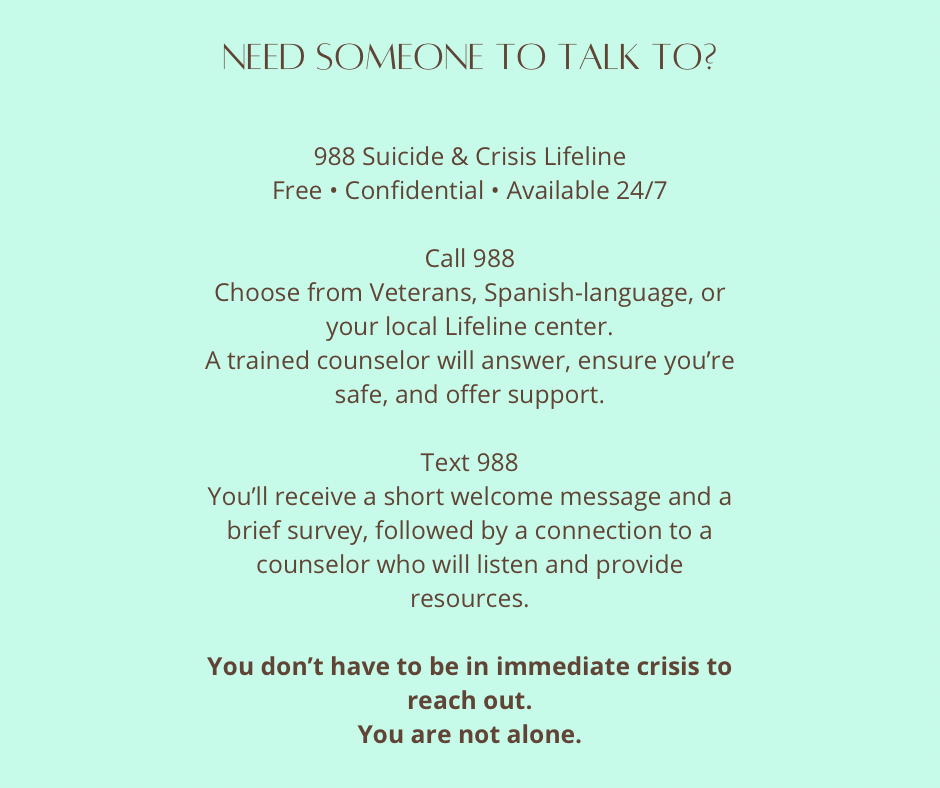
Sex Trafficking, a 150 Billion Dollar Business
- Anna LaBay

- Mar 12, 2025
- 3 min read
McCOOK Neb. - In a powerful presentation at the McCook Rotary Club, District Governor Amelia Stansell of Warrenton, Virginia, shed light on the pervasive issue of human trafficking. Representing Rotary District 7610, which encompasses 53 clubs in northern and central Virginia, Stansell is also a dedicated member of the Rotary Action Group Against Slavery (RAGAS), serving on its board of directors and as the RAGAS state coordinator for Virginia.
Dressed as Wonder Woman, Stansell opened her session with a trigger warning, emphasizing the sensitivity of the subject matter. “I want to share with you about human trafficking,” she said. “We’ll start at a global level and then narrow it down to what it looks like in the US, specifically in Nebraska, before discussing child sex trafficking and how we as Rotarians and community members can help prevent it.”
Stansell highlighted the alarming statistics surrounding human trafficking, stating that it is a staggering $150 billion-a-year industry globally and the second-largest growing criminal enterprise, trailing only drug trafficking. She emphasized that, contrary to some beliefs, human trafficking is very much an issue within the United States.
The presentation focused on the devastating realities of child sex trafficking, revealing that the average age of those trafficked is just 12 to 14 years old, with some victims being even younger. Disturbingly, 40% of trafficking cases involve family members, and the average victim is exploited approximately 20 times a day. The grim statistics continue, with victims experiencing a life span of only seven years if they survive the physical and mental tolls of their exploitation, often succumbing to addiction or suicide.
Stansell urged the audience to remain vigilant and informed about signs of grooming and trafficking. “It's seldom the white-panel van we were taught to look out for,” she noted, detailing behaviors that may indicate a potential grooming situation, such as a sudden change in friends, unexplained money, or frequent absences from school or home. Encouraging proactive engagement, Stansell stated, “If you see something, don’t just say something—do something.” She stressed the need for community awareness and action to combat this serious issue, reinforcing that everyone has a role to play in helping to prevent human trafficking
Stansell’s presentation not only educated the McCook Rotary Club members about the critical issue of human trafficking but also empowered them with knowledge and resources to take meaningful action against it in McCook.
Recognizing the signs of human sex trafficking is crucial for prevention and intervention. Here are some key indicators to look out for:
Physical Signs:
- Unexplained injuries or bruises.
- Signs of malnutrition or poor hygiene.
- Frequent absences from school or work.
2. Behavioral Indicators:
- A person who appears fearful, anxious, or submissive.
- Someone who avoids eye contact or seems overly controlled by another individual.
- Changes in behavior, such as sudden withdrawal from friends and family.
3. Inconsistent Stories:
- Inconsistent or vague explanations about their situation or whereabouts.
- Lack of knowledge about their location or the surrounding area.
4. Control and Isolation:
- Being accompanied by a controlling companion who speaks for them.
- Limited freedom of movement or inability to leave their environment.
5. Financial Dependence:
- Individuals who seem to have no access to their own money or identification.
- Excessive debt or claims of being in a situation that requires them to "work off" a debt.
6. Sexualized Behavior:
- Inappropriate sexual behavior for their age, or explicit knowledge of sexual activities that is unusual for their background.
7. Substance Abuse:
- Visible signs of substance abuse or dependency, often as a way to cope with trauma.
8. Youth and Vulnerability:
- Runaway or homeless youth, especially those who have had previous experiences with abuse or neglect.
If you suspect someone may be a victim of human trafficking, it’s important to report your concerns to local authorities or organizations that specialize in assisting victims. Your vigilance can be a crucial step in helping someone escape a dangerous situation.
Call the National Human Trafficking Hotline toll-free hotline at 1-888-373-7888: Anti-Trafficking Hotline Advocates are available 24/7 to take reports of potential human trafficking.
Text the National Human Trafficking Hotline at 233733. Message and data rates may apply.
Chat the National Human Trafficking Hotline via humantraffickinghotline.org/chat




Comments